Nobody wins
This is perhaps an unpopular opinion as it is counter-cultural, yet it has been on my heart for some time to share with you all. I rumbled with sharing it in ‘Your Soul is Wintering’ and in the eleventh hour decided too – it was hands down one of the most difficult parts of the book to write.
So, with a deep breath, let’s rumble with it here.
Yesterday I read a headline announcing Chrissy Teigen’s pregnancy two years after losing their precious baby boy Jack in utero. I felt incredibly heartened as I clicked into the link with the thought of sharing the article with you all…then I read the journalist’s first sentence.
‘Losing a baby is a tragedy at any stage of pregnancy but losing a baby later in pregnancy can feel that much more devastating.’
Shaking my head, I pondered how ‘far along’ one might need to be for the loss to be deemed as ‘much more devastating.’ As I continue to read the article, and although the rest of it was hopeful, helpful, and heartening, not to mention a great way to continue conversations surrounding baby loss, I could not share it.
This first sentence represents a cultural narrative surrounding loss that I do not wish to have a part in perpetuating.
Since my experiences with baby loss, I have been privy to numerous conversations where it has been said, either implicitly or explicitly, that the further through your pregnancy is, the tougher your loss must be.
In many respects it seems ridiculous that we even feel the need to run these kinds of comparisons, and perhaps this is the essence of the issue.
Many woman have shared their own losses with me and then almost apologized when I have shared my journey, saying something along the lines of, ‘It’s nothing compared to what you have been through.’ And I used to catch myself doing the same, making dismissive comments about my own journey when speaking with someone who lost a baby further along in gestation. This only left me feeling horrible and alone. My grief more disenfranchised than ever.
I am not saying that all baby loss is the same. It is not.
What I am saying is that everyone’s journeys are so unique and diverse that it is unhelpful to compare. You, me, nobody wins.
This is a cultural narrative I want to call out as it is damaging for not only those who find themselves on a journey of loss, but for us all. The need to compare in loss and suffering is not unique to baby loss, but symptomatic of a much wider cultural narrative of comparison. It encourages us to place suffering on a scale to therefore determine who has it the ‘worst.’
Hear. Me. Now. No loss is less or more significant than another, just different and unique to the individual experiencing it.
Psychologist and Holocaust survivor Dr Edith Eger affirms this stating, ‘There is no hierarchy of suffering. There’s nothing that makes my pain worse or better than yours.’
When we encounter loss, pain and suffering in our lives, it will be experienced relative to the other losses and hard seasons we have previously experienced as individuals. We do not experience our losses relative to those that our best friends, mothers, or neighbours may have experienced. So why would we compare?
Teddy Roosevelt coined the phrase many of you will have heard, ‘Comparison is the thief of joy.’
And when it comes to comparison in loss and suffering, joy is not the only casualty, it is also steals away empathy and compassion.
And this is the perhaps the most dangerous aspect of comparison in loss and suffering. Once loss is compared, we then see one as being more worthy of our empathy and compassion than another.
Consciously, or unconsciously we use this scale to decide who is ‘more’ worthy of our reach out, behaving as if empathy and compassion is something finite that we need to reserve for only those we deem deserving of it.
In Your Soul is Wintering I write, ‘Thankfully neither empathy or compassion are finite resources, so we need not treat them as such. We can show compassion for the parents who lost their baby at 24 weeks and still have more to give to the couple struggling to conceive.’
Withholding our empathy and compassion from one party, does not advantage the other, (e.g. the parents who lost their baby at 24 weeks are not advantaged when you show no or little compassion for the couple struggling to conceive) it only steals our ability to aid all those who have suffered loss in grieving more resiliently. It impacts our ability to give and receive empathy and therefore meet our own needs, and the needs of others. It erodes connection.
American researcher, and storyteller Brene Brown terms this ‘comparative suffering’ and in her podcast ‘Unlocking Us’ highlights its pitfalls stating, ‘Comparative suffering is dangerous. Empathy is not finite. The exhausted ER doctor doesn’t benefit more if you reserve your empathy only for her and ignore your own feelings or withhold empathy from someone lower on the ‘suffering scale.’ When we practice empathy, we create more empathy. Hurt is hurt, and every time we honour our own struggle and the struggles of others by responding with empathy, the healing that results affects all of us.’
Regardless of what your story is, loss is tough. Whether it occurs at 5 weeks gestation, 18 weeks, 35 weeks, or 40… all are tough and each loss is different, and therefore will be experienced uniquely to the heart that grieves it. Yet, all are worthy of empathy and compassion. No hierarchy of suffering, no suffering scales.
Comparison serves none of us, so let’s counter the narrative and rewrite the script. May we sprinkle our empathy and compassion over all those who are suffering loss and fight the urge to enter into language or actions that further fuel ‘comparative suffering.’
Because ‘losing a baby is a tragedy at any stage of pregnancy.’ Full stop. No buts.






